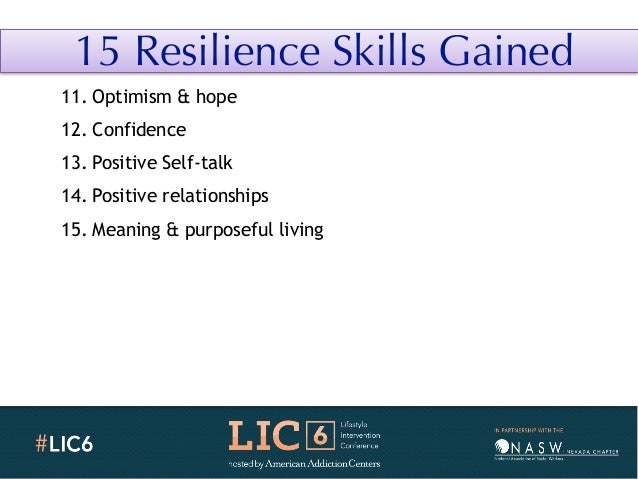
This is especially true and dangerous for those who are emotionally addicted. Strong feelings can easily overwhelm and cloud judgment. However intuitive gut feelings may be, it’s critical to review and temper those impulses with the benefit of experience, reason, planning, and perhaps input from trusted advisors. The heart wants what it wants, and it’s important to be sensitive and attuned to heartfelt feelings. The adage, “go with your gut feeling,” can be a wise reminder to pay attention to inner wisdom and inclinations sponsored by deep emotions and attractions that are not easily explained by words or logic. The overpowering feelings transcend other brain responses, and you need to make sensible decisions, rather than react to impulses. The cost of emotional addiction is that you live at the mercy of feelings provoked by circumstances (whether initiated by happenstance or foreordained by unconsciously imprinted negatively scripted behavior) and your perceptions of these events. Emotional addicts pay heavily for their fixes, though not in dollars to a dealer. In the case of emotional addiction, you become “hooked” either on feeling a familiar way or in responding in an automatic way to the powerful pull of innate emotions. You become “addicted” to the substance or action that subdues anxiety, but at great cost and with counterproductive effects. As this vicious cycle continues, you become more bound and helpless, often acquiring brain dysfunction and other health problems along the progression. Relief is temporary, the palliation wears off, and you are left in the throes of craving and withdrawal, obsessively seeking another bout of reprieve. If you rely upon alcohol or opiates, you use these substances to relieve the terrible state of withdrawal.

In the case of emotions, the response is a reliance upon and absorption in the brain and neurological patterns that produce a flood of feelings-the release of and/or inhibitions of strong feelings in response to neurotransmitter cell firings and thresholds. Actually, all addictions are inside you-in your brain and body-the addiction is a response to intense pleasure (or relief) by repeated use of, response to, or ingestion of some behavior or substance that relieves discomfort, specifically anxiety or pain. You may wonder how something inside you that’s natural can be addicting. This is what happens with emotional addiction. Emotive inundation or impairment can lead someone by the nose into trouble, avoidance, and disregard of obvious consequences and necessary adaptive learning.

The bad part is that emotions may inappropriately overwhelm logic and often disable a person from anticipating or dealing with consequences. Emotions bypass logic and considerations, as they allow our primitive instincts and guidance systems to respond with elemental force. The good part is that emotions help us cut to the chase: they make us connect at the deepest and most profound levels of our being. The nature and power of emotions is that they impel us to respond viscerally. When emotions are properly modulated and integrated with cognitive functions (specifically reasoning, analysis, planning, and logic), the brain functions flexibly and with expanded capacities for self-care, productivity, prudence, and relationships. Emotions allow us to bond, to experience compassion and empathy, and to feel joy and happiness. They are instrumental to our innate survival mechanisms, and they are the basis for our neurological connections with other beings.

As a specialist in neuropsychology, I treat and improve people’s brain capacities, including awareness of and control over feelings.Įmotions are very powerful. Indeed, they are a critical and natural part of brain functioning.

And feelings-emotions-are a vital part of life. Let’s note at the beginning, though, that the issue of emotional addiction tends to affect women in greater numbers than men.Īs a psychologist, it’s my business (as well as forte) to deal with people’s feelings. I want to address an issue that far transcends gender. Just ask a man about childbirth, or ask a woman to pee standing up! Let’s be real. Let’s be honest: whether you are black, white, male or female, etc., you have an “agenda” that influences your preferences and your perceptions about people and the nature of reality. I’m not intentionally trying to be biased, but I obviously do come from a masculine vantage point and thus have a particular viewpoint, colored by my genetics and life experiences. It’s likely that the women reading this will react differently than the men. Emotional Addiction Living According to Feelings


 0 kommentar(er)
0 kommentar(er)
